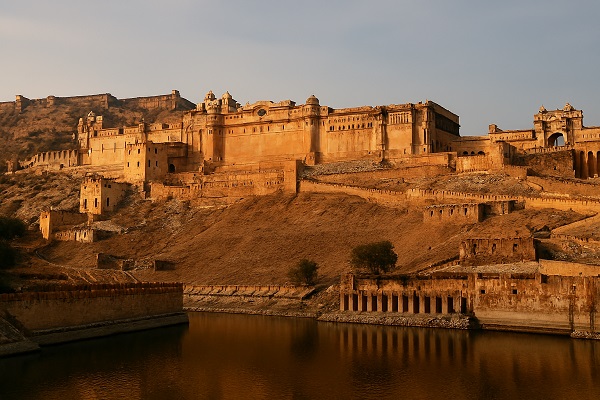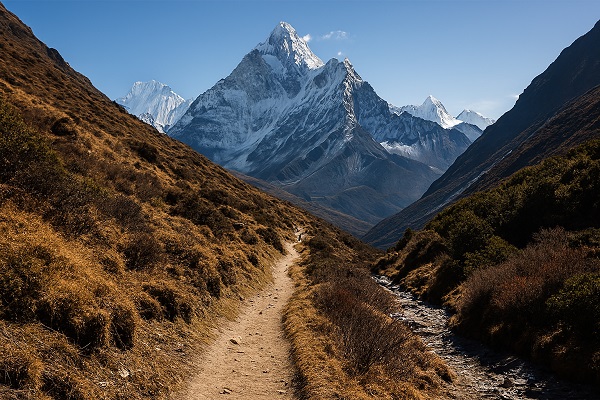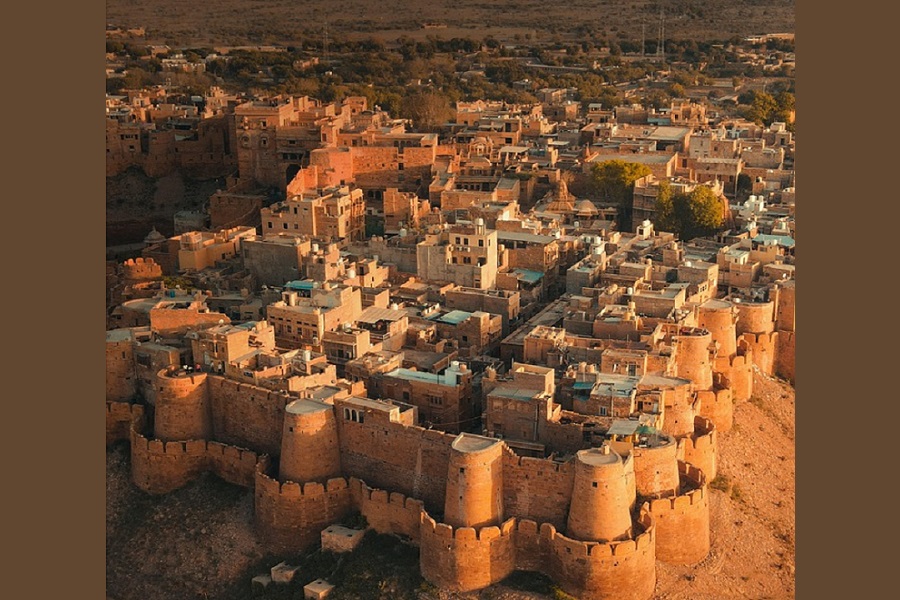Himalayan Eco-Tourism: Trekking & Adventure in Indian Tourism

The Himalayas, often called the “abode of snow,” are not just a natural wonder but also a cornerstone of India’s eco-tourism. With their breathtaking landscapes, rich biodiversity, and cultural heritage, the Himalayan ranges offer travelers an opportunity to experience trekking and adventure while promoting sustainability. Eco-tourism here focuses on preserving fragile ecosystems, supporting local communities, and encouraging responsible travel.
Trekking in the Himalayas
Trekking is one of the most sought-after experiences in Himalayan eco-tourism. Trails like the Valley of Flowers (Uttarakhand), Roopkund Trek, Hampta Pass (Himachal Pradesh), and Dzongri Trek (Sikkim) showcase the region’s natural beauty. Each trek offers a blend of snow-clad peaks, alpine meadows, gushing rivers, and ancient monasteries. Eco-tourists are encouraged to practice “Leave No Trace” ethics—minimizing waste, using eco-friendly gear, and respecting local customs.
Adventure Beyond Trekking
The Himalayas are also a playground for adventure seekers. Activities like river rafting in Rishikesh, paragliding in Bir-Billing, skiing in Auli, and mountain biking in Ladakh allow travelers to enjoy adrenaline-filled experiences while staying close to nature. Many local operators now emphasize sustainable adventure tourism by employing local guides, using renewable energy in camps, and promoting eco-lodges.
Cultural & Community Connection
Eco-tourism in the Himalayas is incomplete without engaging with local communities. Homestays in Himachal, Ladakh, and Sikkim offer authentic cultural exchanges, traditional cuisine, and folk stories. By choosing these experiences, travelers not only enrich their journey but also contribute directly to the livelihoods of mountain communities.
Why Choose Himalayan Eco-Tourism?
* Supports conservation of fragile ecosystems.
* Provides authentic adventure experiences.
* Promotes sustainable livelihoods for locals.
* Combines nature, spirituality, and culture.
























